"EV euphoria is dead. Automakers are scaling back or delaying their electric vehicle plans"
EVisceration gains traction
This ain’t my Corvette CornPop: Biden Promotes 'Behemoth' Electric Car
Tuco’s Child Preface
Direct from the not so secret “I told you so” files.
Irrational Exuberance Exhausted ? ESG and DEI not, too much money yet to be made.
EV euphoria is dead. Automakers are scaling back or delaying their electric vehicle plans
MAR 13 2024
KEY POINT
Automakers from Ford Motor and General Motors to Mercedes-Benz, Volkswagen, Jaguar Land Rover and Aston Martin are scaling back or delaying their electric vehicle plans.
Your Fired !
DETROIT — The buzz around electric vehicles is wearing off.
For years, the automotive industry has been in a state of EV euphoria. Automakers trotted out optimistic sales forecasts for electric models and announced ambitious targets for EV growth. Wall Street boosted valuations for legacy automakers and startup entrants alike, based in part on their visions for an EV future.
Now the hype is dwindling, and companies are again cheering consumer choice. Automakers from Ford Motor and General Motors to Mercedes-Benz, Volkswagen, Jaguar Land Rover and Aston Martin are scaling back or delaying their electric vehicle plans.
Even U.S. EV leader Tesla, which is estimated to have accounted for 55% of EV sales in the country in 2023, is bracing for what “may be a notably lower” rate of growth, CEO Elon Musk said in late January.
The broad return to a more mixed offering of vehicles — with lineups of gas-powered vehicles alongside hybrids and fully-electric options — still assumes an all-electric future, eventually, but at a much slower pace of adoption than previously expected.
“What we saw in ’21 and ’22 was a temporary market spike where the demand for EVs really took off,” said Marin Gjaja, chief operating officer for Ford’s EV unit, during a recent interview with CNBC. “It’s still growing but not nearly at the rate we thought it might have in ’21, ’22.”
Ford is significantly increasing its production and sales of hybrid models, which can help ease the transition to electrified vehicles for drivers who may not be ready for fully electric models. They can also help companies meet tighter federal standards for carbon emissions.
Passing the sniff test ?
GM, which was the first traditional automaker to go all in on EVs, plans to roll out plug-in hybrid electric vehicles for consumers alongside EVs and gas cars. Others, such as Hyundai Motor, Kia, Toyota Motor and, potentially, Volkswagen, plan to offer different levels of electrification across their lineups.
“I think the balanced approach is the best way,” VW of America CEO Pablo Di Si told CNBC last month, adding he is in discussions to bring hybrid vehicles to the U.S. The automaker currently sells hybrid vehicles in Europe, but none stateside.
Above video: VW EV’s buggy software causing Dieter Trauma
“These technologies exist within the VW group, whether it’s hybrids or plug-in hybrids,” he said. “I think it’s just a matter of time until we bring it here.”
To be clear, although consumer demand for EVs hasn’t shown up in the way executives had expected, sales of the vehicles are still predicted to increase in the years to come.
U.S. EV sales were a record 1.2 million units last year, representing 7.6% of the overall national market, Cox Automotive estimates. That share is expected to increase to between 30% and 39% by the end of the decade, according to analyst forecasts.
“The market was never going to make a smooth transition to EVs, and we expected a slowdown in this shift as early adopters were satisfied,” said Sam Fiorani, vice president of global vehicle forecasting at AutoForecast Solutions. “Moving on to less tech-savvy buyers will slow the EV market share growth over the next few years.”
EV targets
As ESG investing — or investing geared toward environmental, social and governance principles — emerged in recent years and as Tesla rose from niche EV player to the most valued automaker by market cap globally in 2020, the automotive industry largely took note and began plotting its path forward in EVs.
Automakers wanted to emulate Tesla’s success, with some promising to exclusively offer EVs in the not-too-distant future.




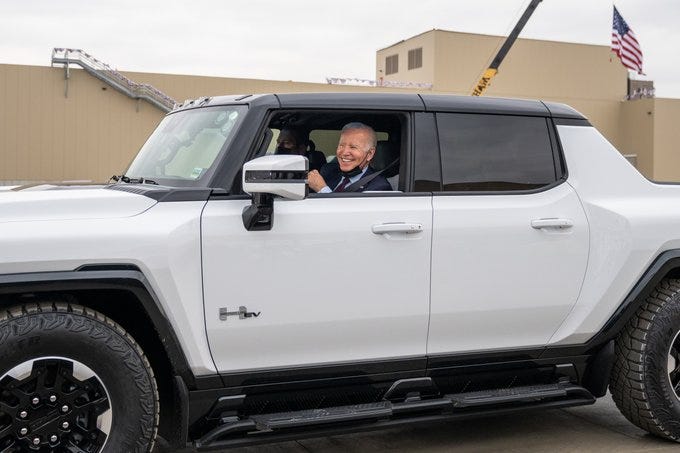

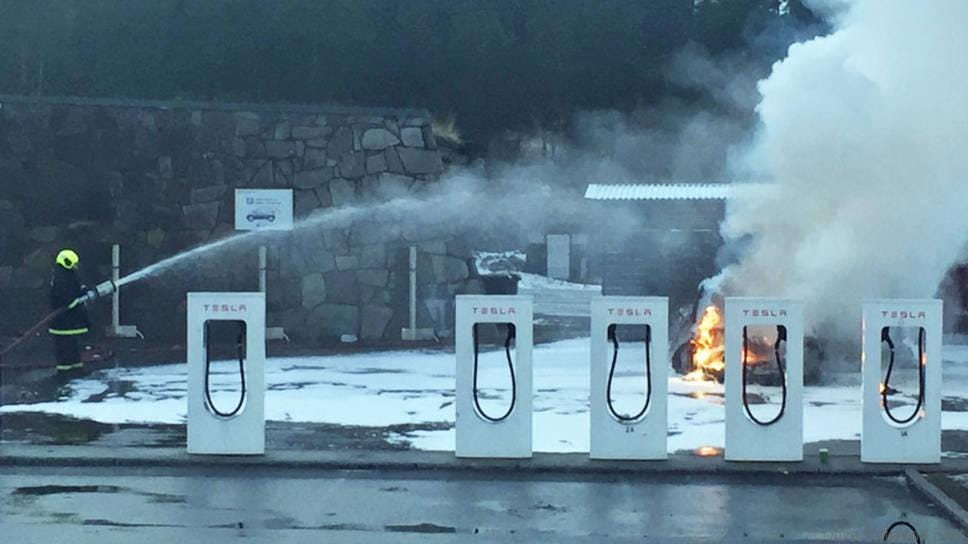
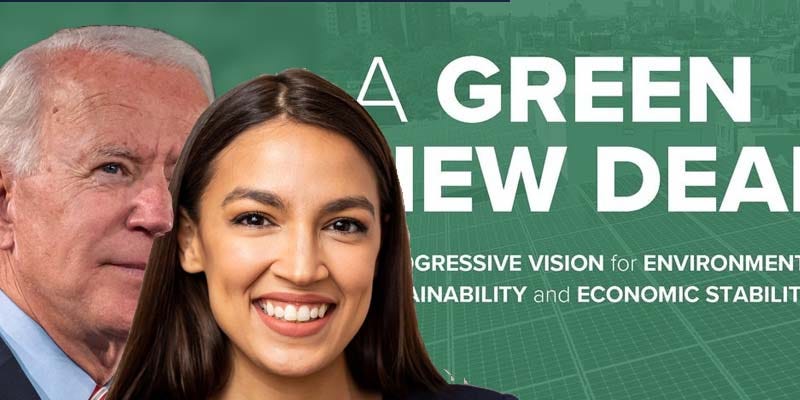
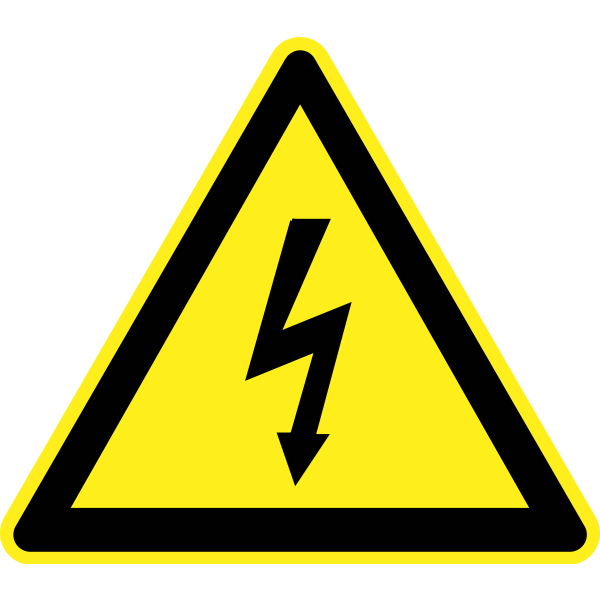

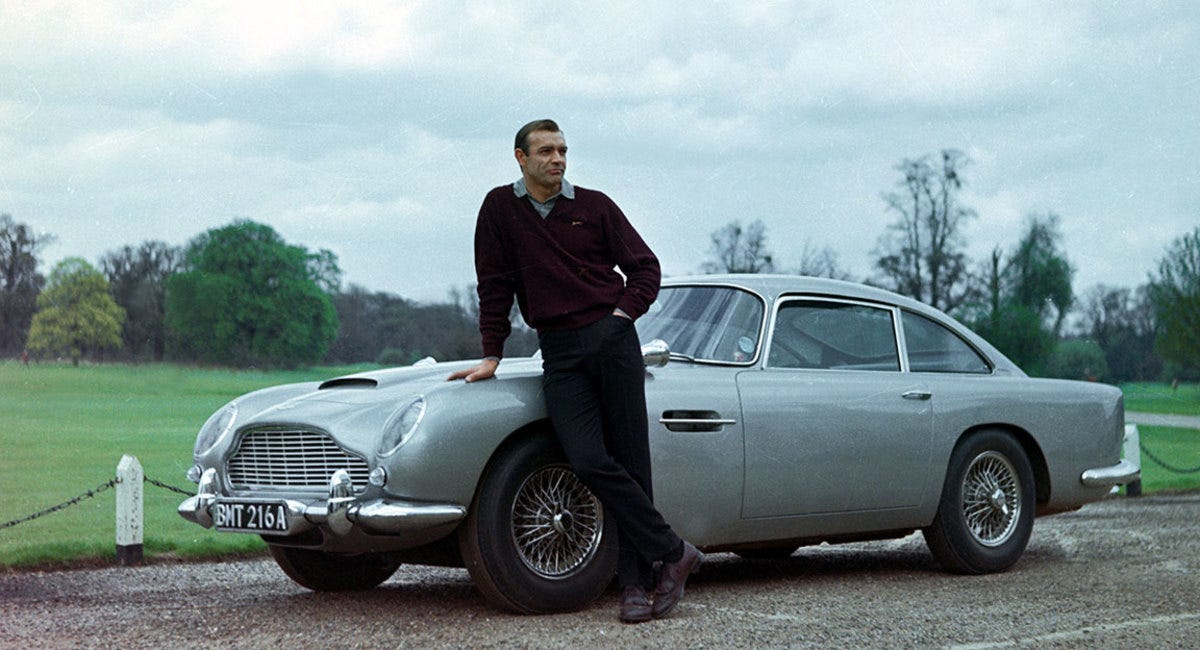
This is good news. Stop crony capitalism, and let the chips fall where they may. People, like myself, will then realize the ICE is the most efficient way to go. Don't pay me someone else's hard earned tax money, as an enticement to buy something I do not really want. And, if one were concerned about their "carbon footprint", the ICE in the end will have less effect. Happy for anyone that feels the need for an EV, but do not take away the ICE, and do not make me subsidize your virtue signal EV.
Great article! Thanks for the shout-out, Tuco!